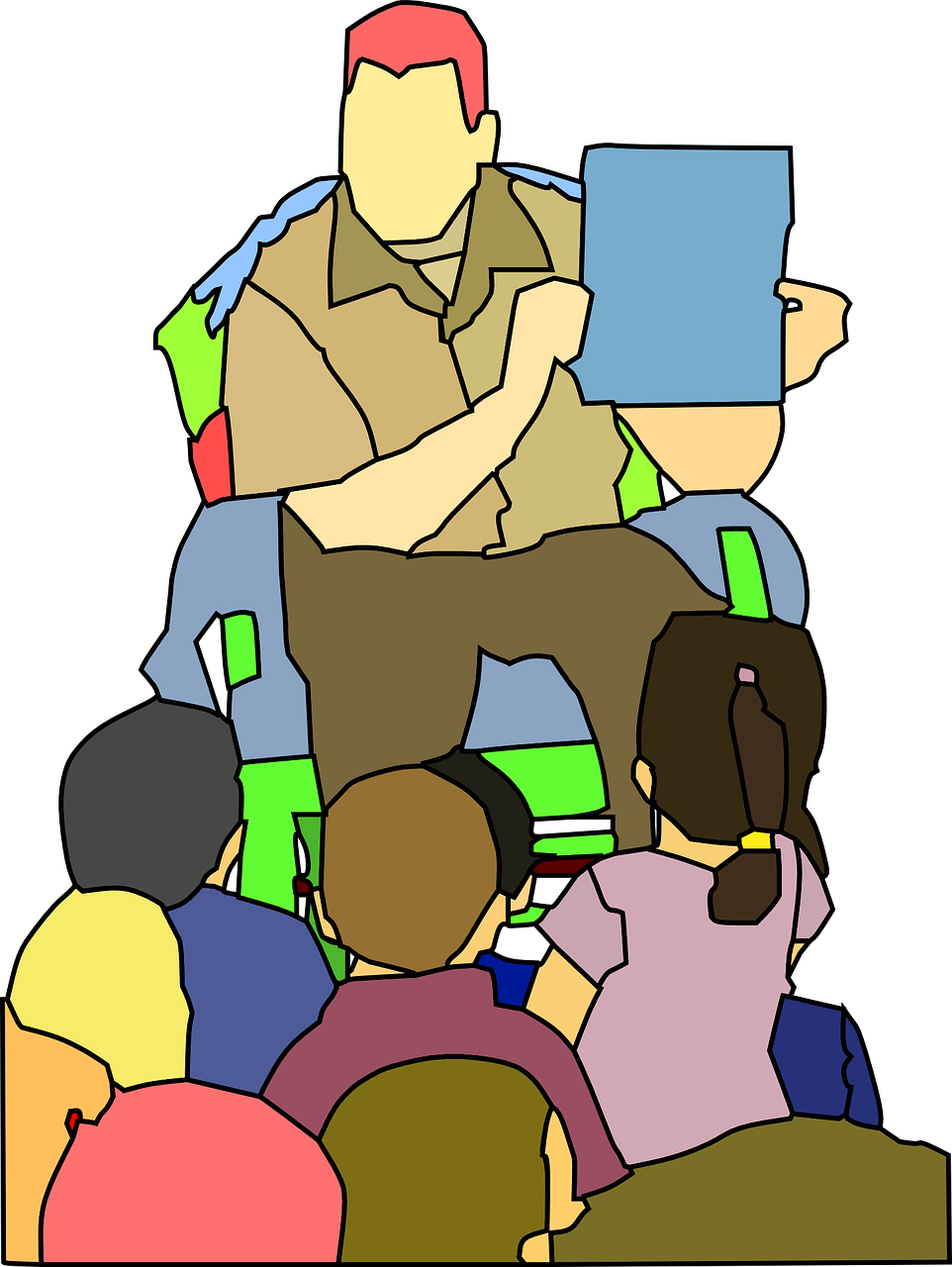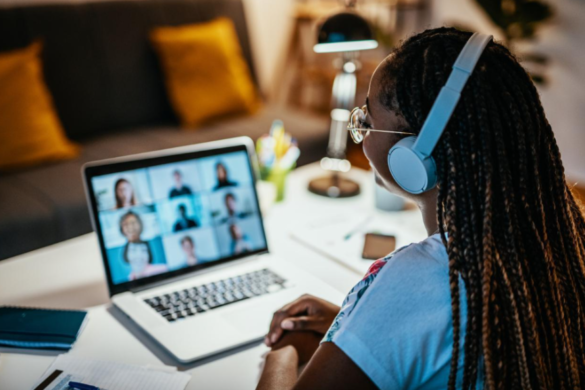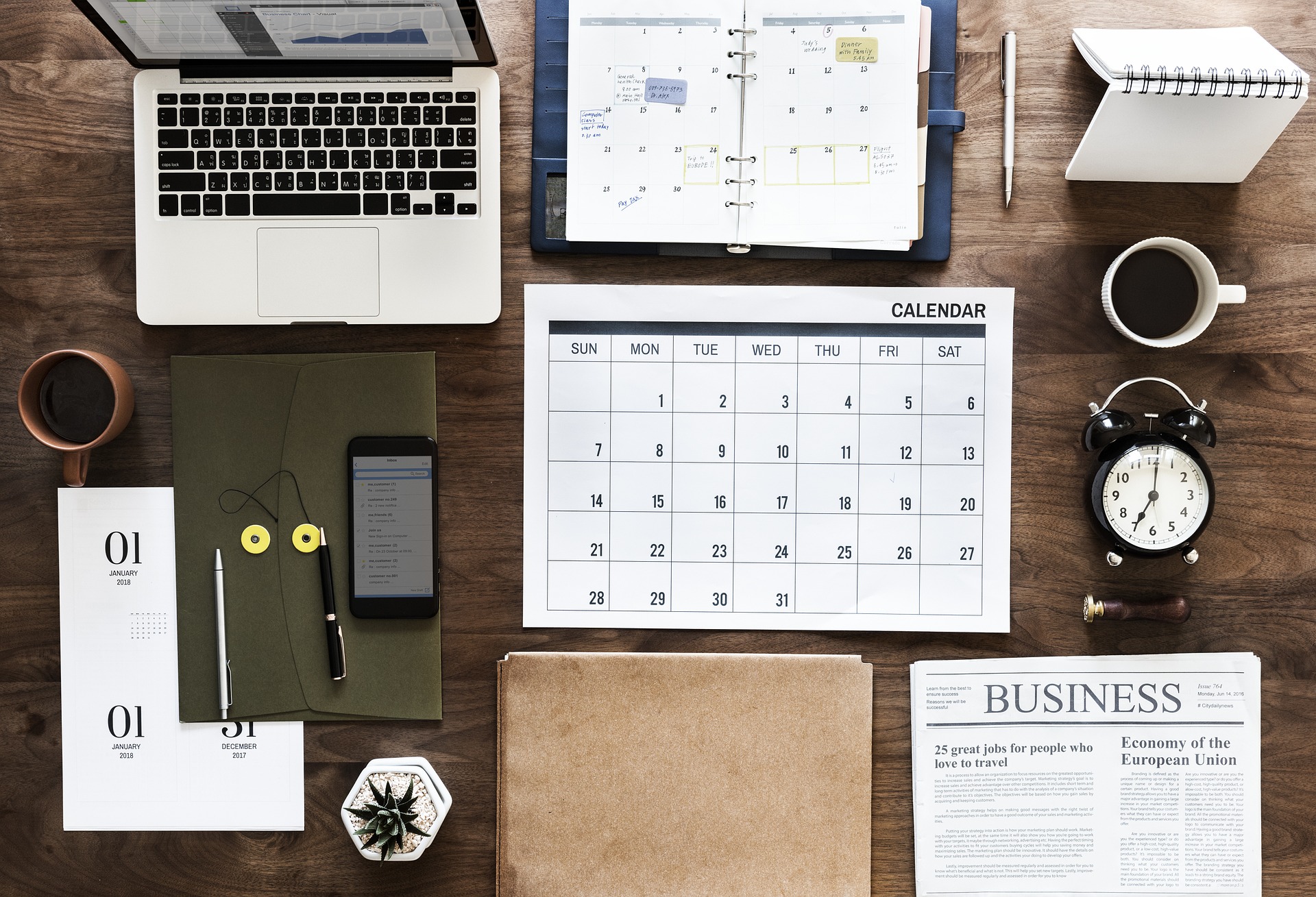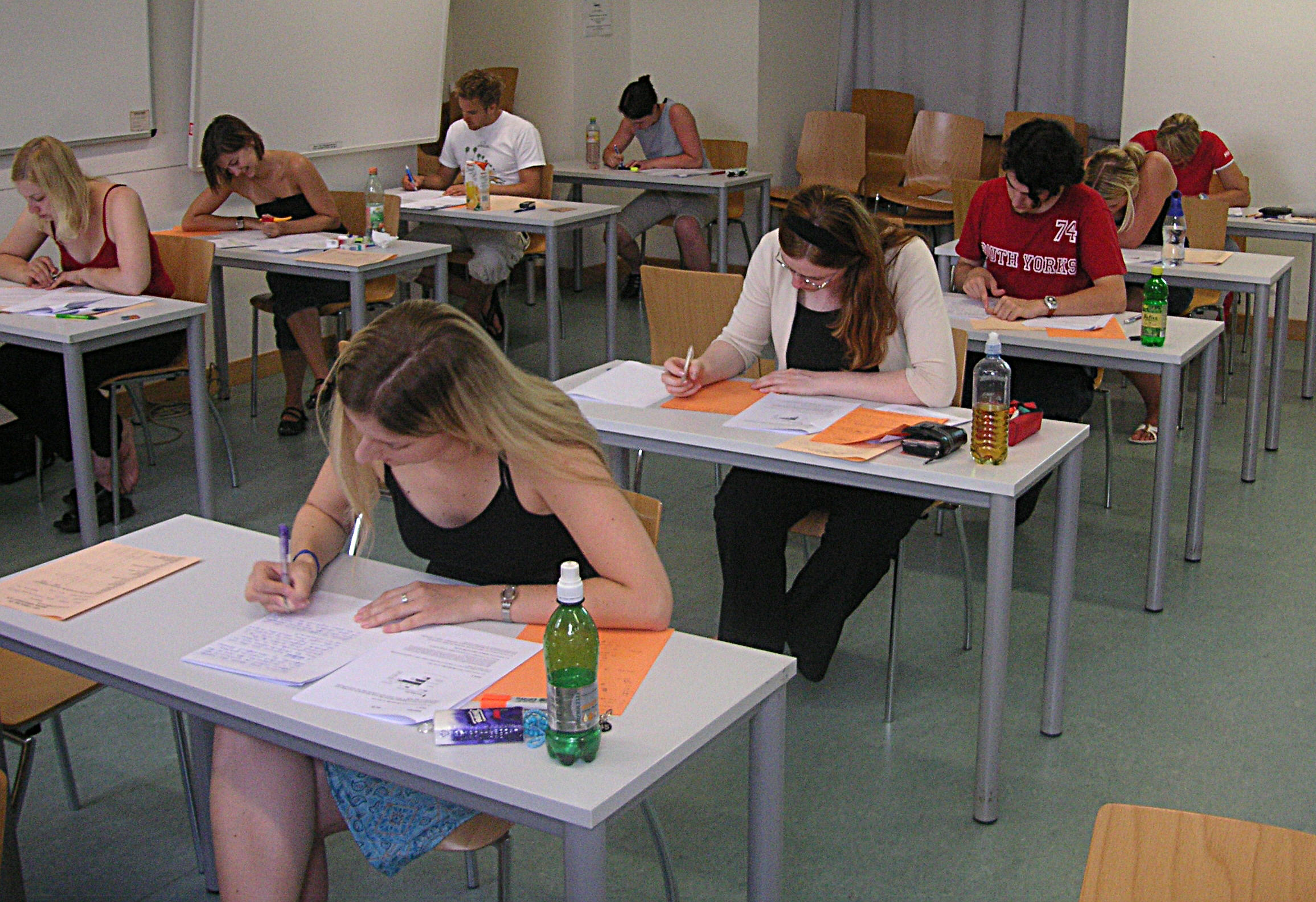
While many people love learning, not many people love studying. Unfortunately, whether you are getting a new job or studying for an exam, studying is a part of life. You may be one of many getting biology degrees at GMercyU, gaining an education degree at PLNU, or even just studying for a driving exam. If you are struggling with finding the best way to study, here are six study tips for test success.
1. Study Right Before Bed.
It may seem strange, but studying before bed can help you retain information more efficiently. When you are tired, you are less distracted by the menial tasks and distractions around you. Of course, you do not want to be too tired—pulling off all-nighters is actually ineffective if not detrimental to retaining information. However, a little bit of tiredness can go a long way.
Related: Testing times at schools: is there a better way?
2. Get Enough Sleep.
As mentioned above, all-nighters are a thing of the past. Instead of staying up all night to study for the exam the next day, it is best to break it up into bight-sized pieces over a longer period of time. As a result, you would have built up enough memory to rest easy. Getting adequate sleep is absolutely vital to retaining information. The term used to describe this is called “sleep-learning.” Sleep-learning is the process in which your brain solidifies information and memory into your brain. It is one theory as to why we might remember the next morning that we dreamt about the previous day. In addition, your brain and body needs sleep to heal itself. When you get enough sleep, you will be able to retain information for a longer period of time, you will have sharper focus.

3. Listen to Music (or Don’t).
Different studies conflict as to whether one method of listening to music is better than another. However, there are different methods you can try to study more effectively. Some people, for example, prefer to listen to one or a few songs repeatedly for hours at a time. People who prefer this technique can get in the zone because the music provides a consistent rhythm that causes their brain to focus. Others find the same resemblance when they listen to loud music such as EDM, rap, or rock. Still, there are some classics that can’t be messed with. To this day, many people still prefer the intricate sounds of classical or jazz music, as well as simple piano music. There are some people who can’t listen to music at all. If you are one of these people, invest in noise cancellation headphones in order to block out any unnecessary sound, or listen to white noise, which is scientifically designed to block out other noise and keep you on track.
4. Attach the Material to a Story or Experience.
There truly are different methods of learning, but it is not enough to use one style exclusively. Instead, try many different methods in order to recall information. If you find it difficult to remember material simply by reading it over and over again in a textbook, you are not alone. As an alternative, try attaching the material to a story or experience. For example, many teachers will cleverly do this by telling stories or making up funny scenarios. You may prefer to make a song or act it out. Whichever works for you, try a variety of tactics to exercise your brain.
5. Exercise.
The best way to exercise your brain is to get your body moving. Exercise keeps the body awake and alert, while also increasing blood circulation. Simple cardiovascular exercise, such as a walk or jog, can help keep the blood pumping and release endorphins that elevate mood. Sign up for a kickboxing gym, yoga studio, or even an intramural sport to provide yourself with a solid hour of exercise at least four to five days a week.
6. Take a Practice Test.
If you are preparing yourself for an exam, it is wise to try to take a practice exam. Taking the exam will prepare you mentally and emotionally for the actual test day to come. Get familiar with the methods of which the test asks you questions, while also alleviating the stress and anxiety you would otherwise feel the first time you go to take the actual exam.
You might also enjoy: Top tricks that debaters use to succeed









